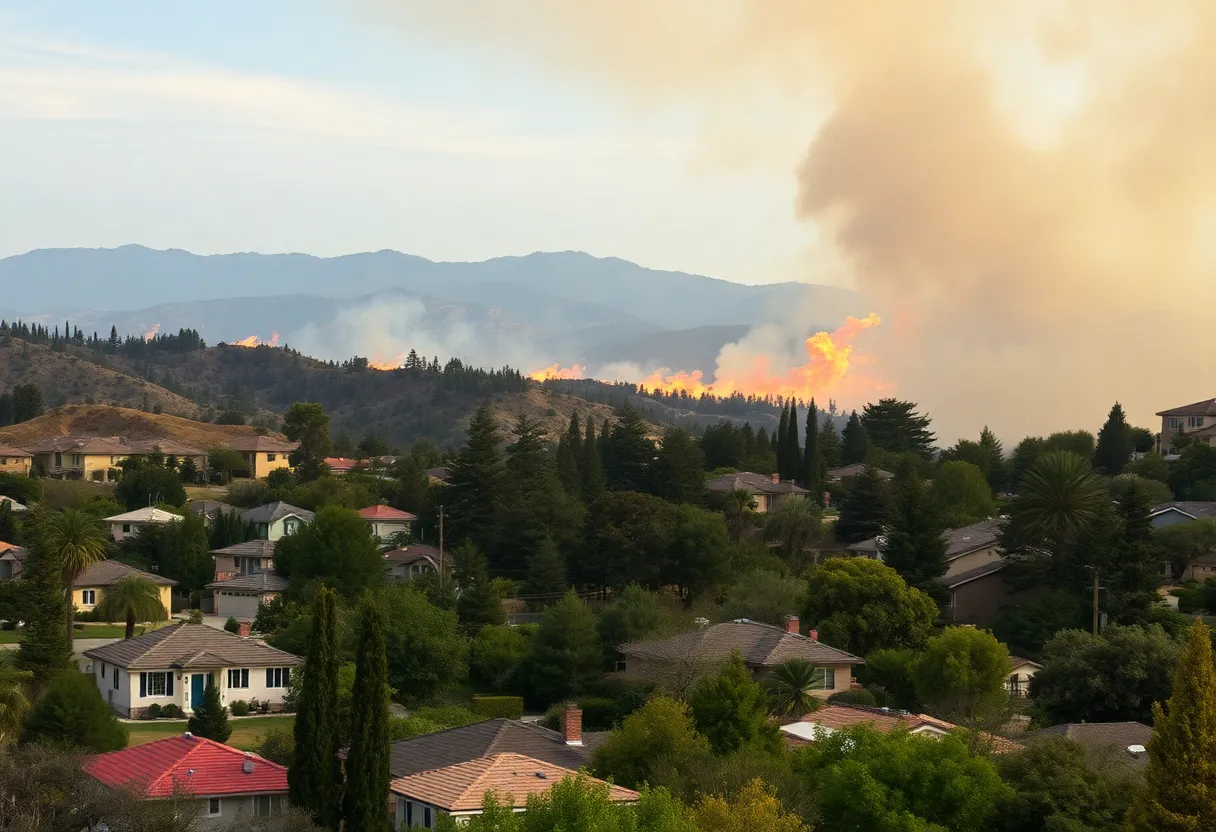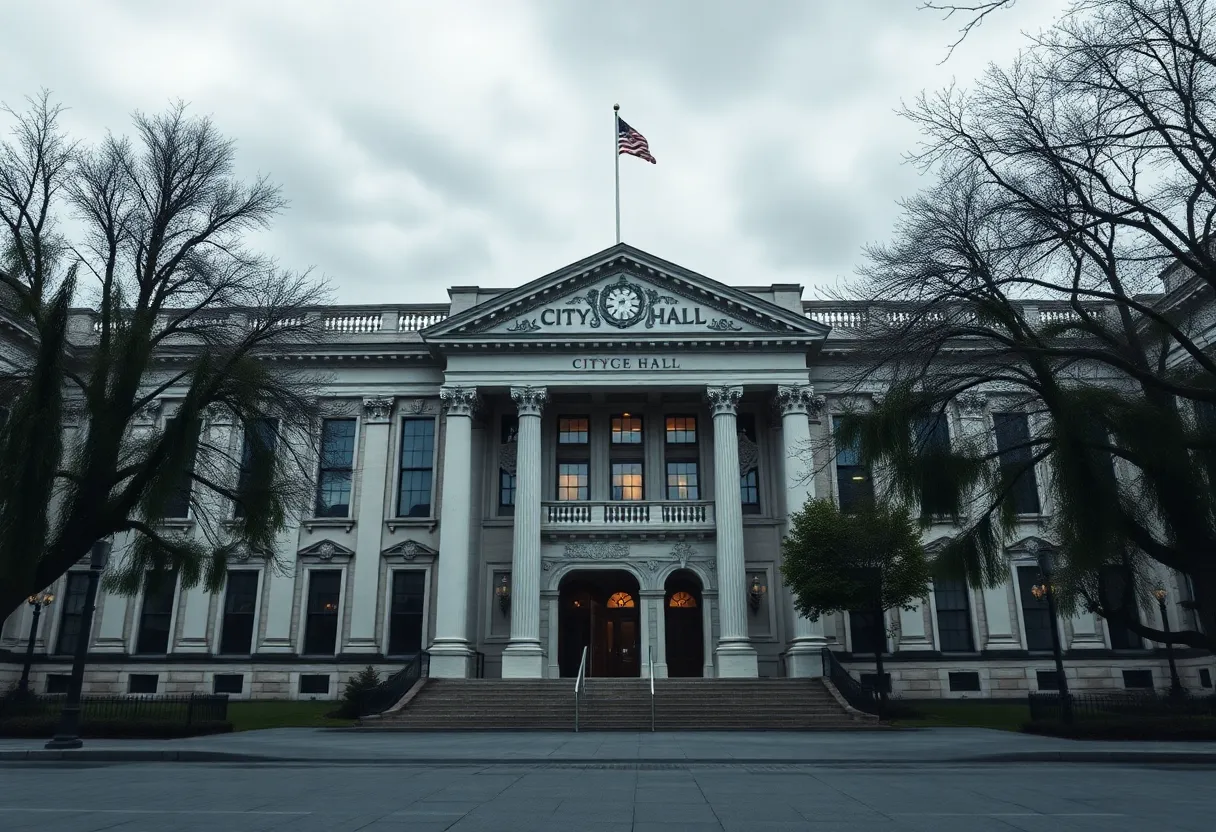News Summary
As California gears up for the competitive 2026 gubernatorial race, six candidates gathered for the California Business Outlook dinner panel to discuss pressing issues such as housing affordability, healthcare, and the economy. With the recent appointment of Liz Snow to CalChamber’s Political Affairs, candidates emphasized innovative solutions to critical problems while addressing workplace safety standards and the implications of potential candidacies from prominent figures like Kamala Harris. As the Democratic primary approaches, strategies to tackle the state’s challenges are under scrutiny, shaping the future of California politics.
California is gearing up for an exciting gubernatorial race as six candidates participated in the California Business Outlook dinner panel on June 4, 2025. The event, moderated by John Myers, a senior vice president for communications and external affairs at the CalChamber, focused on key issues facing the state, including housing affordability, healthcare, and the economy.
The candidates who took part in this event were Toni Atkins, former Senate President Pro-Tem; Chad Bianco, Riverside Sheriff; Steve Hilton, author, podcaster, and business founder; Eleni Kounalakis, Lt. Governor; Katie Porter, former U.S. Representative; and Antonio Villaraigosa, former Los Angeles Mayor. Each candidate presented their perspectives on pressing issues concerning Californian voters.
Also noteworthy is the recent appointment of Liz Snow as the Senior Vice President of Political Affairs for CalChamber, a move that demonstrates the organization’s commitment to shaping policies that impact California’s businesses. This includes ongoing efforts to streamline regulatory rules and appointing a new policy advocate to address health care and taxation concerns.
During the panel discussion, candidates tackled misconceptions related to workplace violence prevention standards, a topic that has gained significance in light of recent events across the nation. Their insights provided a closer look at the legislative intent behind workplace safety measures.
The conversation also shifted towards the potential candidacy of Kamala Harris, the Vice President of the United States. While Representative Dave Min declined to comment on her potential bid for governor, Representative George Whitesides welcomed the idea, stating his primary focus was on his own election. There remains uncertainty surrounding Harris’s intentions, with speculation that either gubernatorial ambitions or a future presidential run could be on the horizon.
Some Democratic insiders have raised concerns that Harris’s entry into the gubernatorial race could influence the reelection chances of vulnerable Democratic candidates. Critics argue that her candidacy could energize Republican voters and detract from Democratic efforts in competitive swing districts, while supporters defend her experience and assert that she could be a formidable candidate with strong leadership capabilities. Harris has been consulting with former governors to gather insights on the role should she choose to pursue it.
The candidates at the business dinner unanimously agreed that addressing the high cost of living is critical. Many believe that raising the minimum wage is not the solution, aiming instead for innovative approaches to economic stability. Distinct disparities emerged regarding opinions on COVID-19 school district closures, showcasing varied responses to evolving educational challenges.
There was a consensus among the four Democratic candidates in favor of exploring a single-payer healthcare system, reflecting a shared vision for equitable health solutions. Eleni Kounalakis highlighted her background in real estate development as a basis for tackling California’s pressing affordable housing crisis, while other candidates acknowledged the complex nature of homelessness and rising costs of living issues.
Another point of contention was Proposition 36, which addresses matters concerning repetitive theft and the fentanyl crisis. The candidates showcased differing opinions, indicating a competitive and diverse political landscape as the race progresses.
As the California Democratic primary approaches in June 2026, candidates are preparing for a competitive electoral environment. With no Republican having won statewide office in California since 2006, the Democratic field could further expand with additional announcements expected in the upcoming months.
This upcoming election is anticipated to be one of the most watched races in the United States, as candidates engage with voters on key issues that will shape the future of California.
Deeper Dive: News & Info About This Topic
- New York Times: Harris in California Governor’s Race
- CNN: Kamala Harris for Governor?
- Los Angeles Times: 2026 California Governor’s Race Candidates Debate
- Encyclopedia Britannica: California
- Sacramento Bee: Capitol Alert
- Google Search: California Governor Race 2026

Author: Anaheim Staff Writer
The Anaheim Staff Writer represents the experienced team at HEREAnaheim.com, your go-to source for actionable local news and information in Anaheim, Orange County, and beyond. Specializing in "news you can use," we cover essential topics like product reviews for personal and business needs, local business directories, politics, real estate trends, neighborhood insights, and state news affecting the area—with deep expertise drawn from years of dedicated reporting and strong community input, including local press releases and business updates. We deliver top reporting on high-value events such as major conventions at the Anaheim Convention Center, including NAMM and VidCon, exciting games at Angel Stadium and Honda Center, and developments at Disneyland Resort Our coverage extends to key organizations like the Anaheim Chamber of Commerce and Visit Anaheim, plus leading businesses in hospitality, entertainment, and innovation that power the local economy As part of the broader HERE network, including HERECostaMesa.com, HEREHuntingtonBeach.com, HERESantaAna.com, and HERELosAngeles.com, we provide comprehensive, credible insights into Southern California's dynamic landscape.




